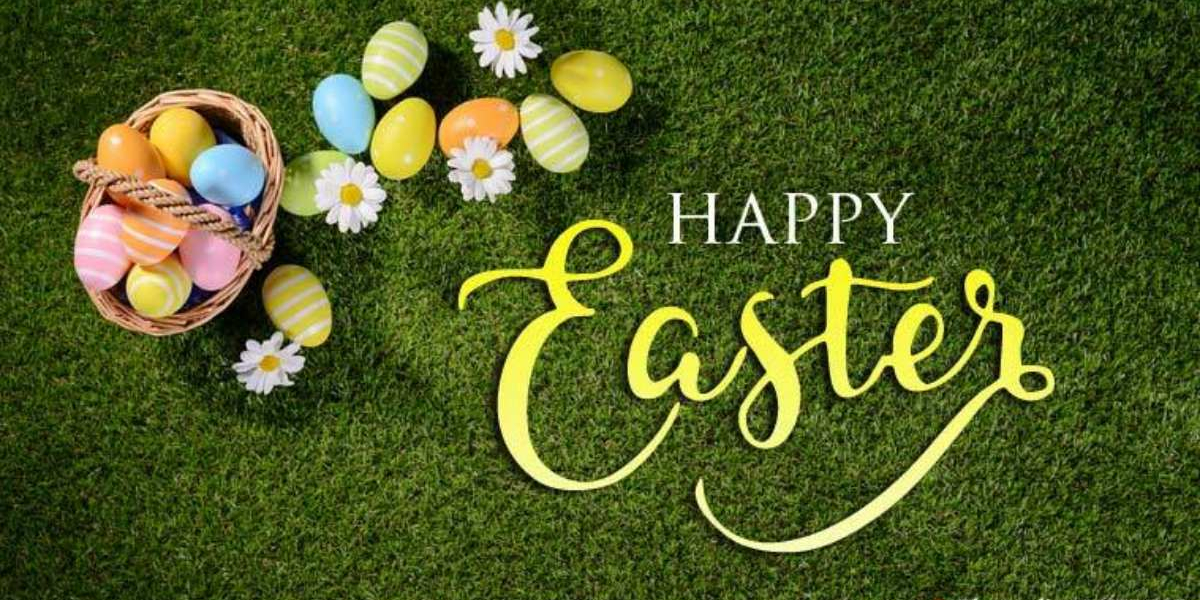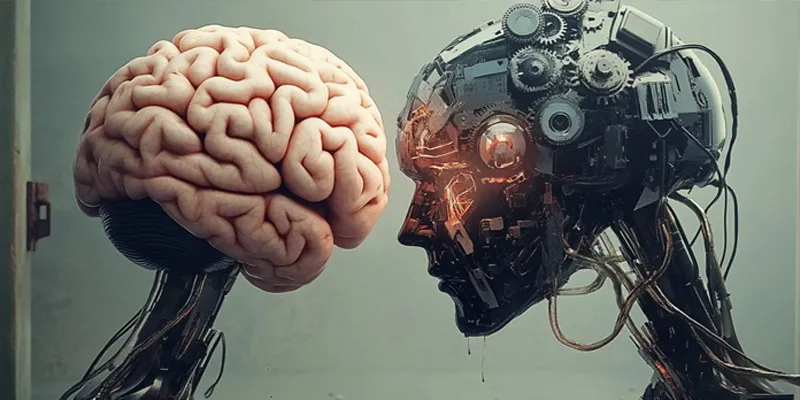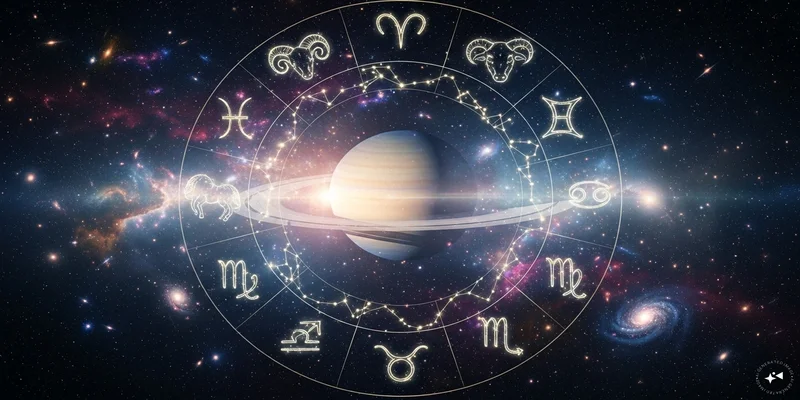Easter is a Christian event that commemorates the belief in Jesus Christ’s resurrection.
The holiday culminates the “Passion of Christ,” a series of events and holidays that begin with Lent—a 40-day period of fasting, prayer, and sacrifice—and conclude with Holy Week, which includes Holy Thursday (the commemoration of Jesus’ Last Supper with his 12 Apostles, also known as “Maundy Thursday”), Good Friday (the commemoration of Jesus’ crucifixion), and Easter Sunday.
Although Easter is a Christian celebration with deep theological importance, many of the traditions linked with it stretch back to pre-Christian, pagan origins.
When is Easter in the year 2022?
The date of Easter in 2022 is Sunday, April 17. Each year, though, Easter falls on a different date.
What Is the Origin of the Name “Easter”?
The English word “Easter” is said to stem from Eostre, or Eostrae, the Anglo-Saxon goddess of spring and fertility, according to St. Bede the Venerable, the author of Historia ecclesiastica gentis Anglorum (“Ecclesiastical History of the English People”), who lived in the sixth century.
Others argue that the word “Easter” comes from in albis, a Latin term that is pural for alba, or “dawn,” which became eostarum in Old High German, a forerunner to modern English.
Easter’s Religious Tradition
The Christian religions are based on the foundation of Jesus’ resurrection, as portrayed in the New Testament of the Bible. As a result, Easter is a crucial date in the Christian calendar.
Easter Bunny
On Easter Sunday morning, a character known as the Easter Bunny brings sweets and chocolate eggs to youngsters in certain houses. These candies are frequently found in Easter baskets.
Easter Eggs
In some pre-Christian pagan beliefs, eggs were thought to signify fertility and childbirth. Easter egg decorating may have evolved as a tribute to the theological significance of Easter, namely, Jesus’ resurrection or rebirth. Easter eggs and related games such as egg rolling and egg decorating are examples of non-religious Easter traditions.
Easter is now both a commercial and religious celebration, with large sales of greeting cards, candies (such as Peeps, chocolate eggs, and chocolate Easter bunnies), and other presents.
For the latest Entertainment News follow BOL News on Google News. Read more on Latest Entertainment New on oldsite.bolnews.com





















